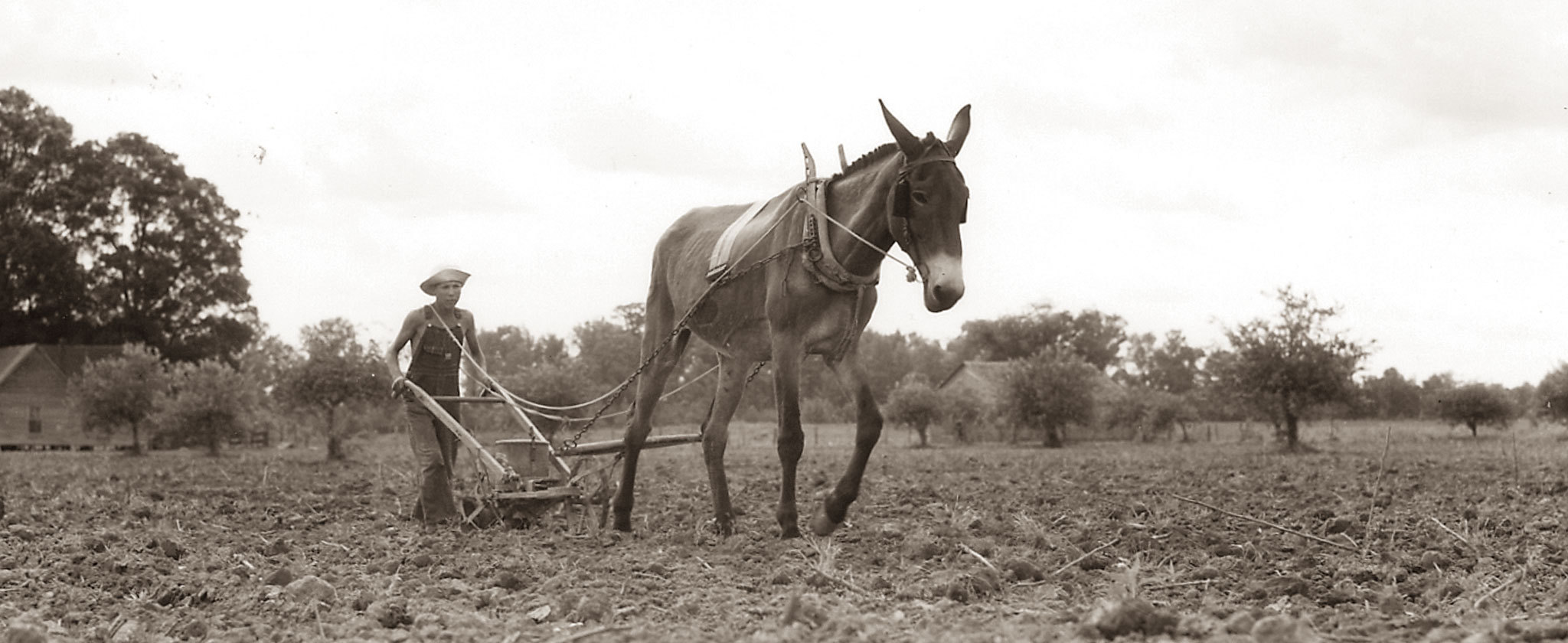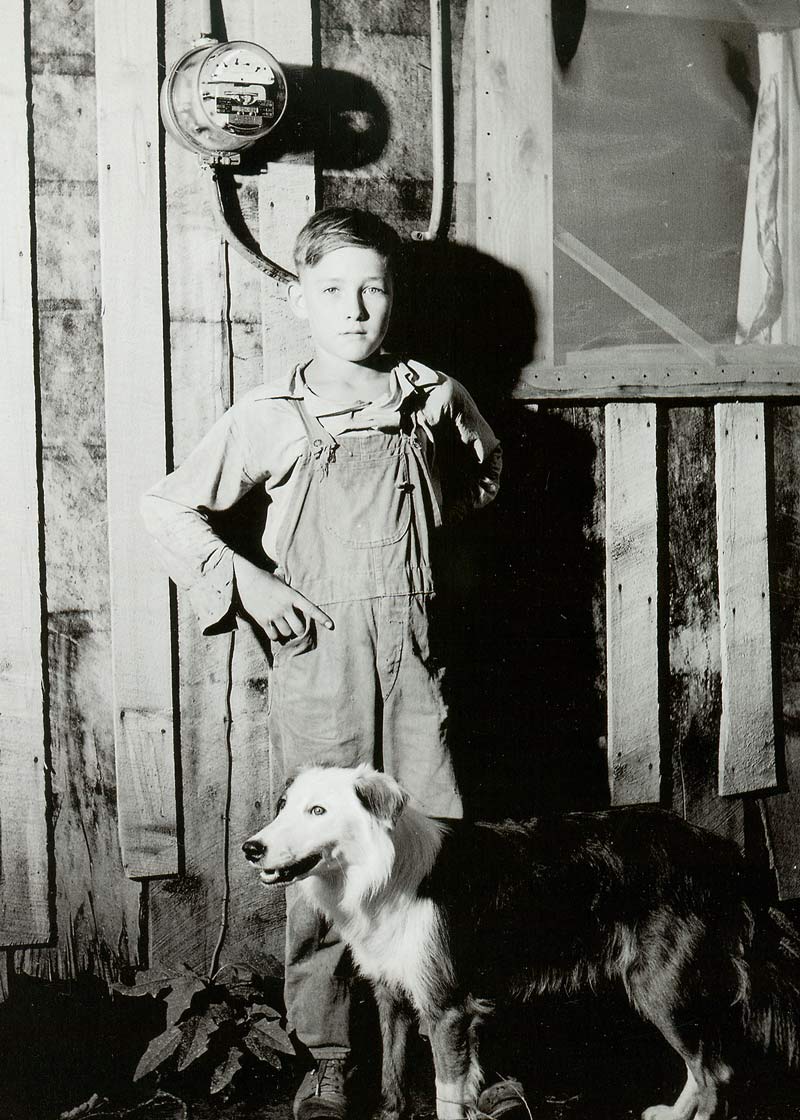Life Before TVA
Life in the Tennessee Valley before TVA was pretty rough. And after the sun went down each evening, it was also pretty dark. Even though by 1900 electric lights, streetcars, and appliances were common in Memphis, Knoxville, Chattanooga and Huntsville, country areas weren’t usually wired for electricity. And in the 1930s, most of the people in the Valley lived in the country, not in the city.
Before TVA, farmers in the Tennessee Valley earned only about a third of what farmers averaged across the country. most farms produced just barely enough food to feed the family. Here’s what life was like on a typical Valley farm at the time:
- No running water. That meant no indoor bathroom, and any water the family needed for drinking, washing, and bathing had to be carried in from a well, stream, or lake.
- No refrigerators to store butter, cream or milk, which the family could have sold to make money.
- No modern appliances like washing machines, so lots of time was spent washing clothes by hand and doing other chores.
- No electric lights for the family to read or play by in the evenings.
- No electricity to power a radio to hear the latest news, sports scores and music.
When TVA brought electricity to the country, life changed for the better. Here’s what the same farm looked like after being hooked up to TVA power:
- A new electric-powered water pump and a washing machine meant the family didn’t have to spend so much of their time hauling water and cleaning clothes. With more time and energy, they could focus on other activities.
- A new electric-powered refrigerator allowed the farmer to sell butter, cream and milk.
- Electric lights in the henhouse, the yard and the laundry room helped the farm become more productive.
- The addition of electric lights and electric-powered appliances helped the farmer produce more goods to sell. That meant the family earned more money and was able to produce more than enough food to eat.
- With more spending money, the family could paint the house, remodel the kitchen and add hot and cold running water. The farmer could buy more chickens, cows and pigs and increase his income even more.


